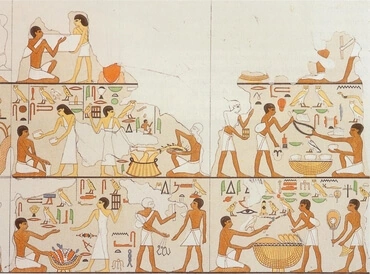457. When the spirit of man first enters the world of spirits, which takes place shortly after his resuscitation, as described above, his face and his tone of voice resemble those he had in the world, because he is then in the state of his exteriors, and his interiors are not as yet uncovered. This is man's first state after death. But subsequently his face is changed, and becomes entirely different, resembling his ruling affection or ruling love, in conformity with which the interiors of his mind had been while he was in the world and his spirit while it was in the body. For the face of a man's spirit differs greatly from the face of his body. The face of his body is from his parents, but the face of his spirit is from his affection, and is an image of it. When the life of the spirit in the body is ended, and its exteriors are laid aside and its interiors disclosed, it comes into this affection. This is man's second state. I have seen some that have recently arrived from the world, and have recognized them from their face and speech; but seeing them afterwards I did not recognize them. Those that had been in good affections appeared with beautiful faces; but those that had been in evil affections with misshapen faces; for man's spirit, viewed in itself, is nothing but his affection; and the face is its outward form. Another reason why faces are changed is that in the other life no one is permitted to counterfeit affections that are not his own, and thus assume looks that are contrary to his love. All in the other life are brought into such a state as to speak as they think, and to manifest in their looks and gestures the inclinations of their will. And because of this the faces of all become forms and images of their affections; and in consequence all that have known each other in the world know each other in the world of spirits, but not in heaven nor in hell (as has been said above, n.427). 1
Footnotes:







